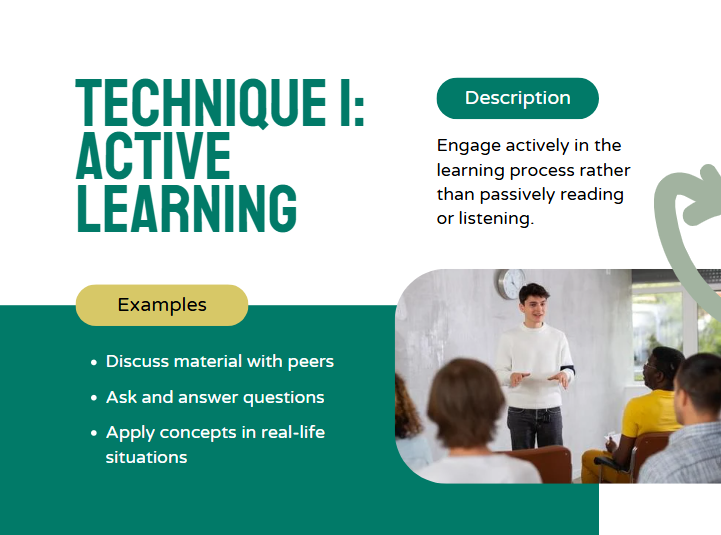
The Importance of Studies: Why Education is Key to Personal and Societal Growth
Education is one of the most valuable resources anyone can possess. The importance of studying goes beyond just passing exams or securing a job; it plays a crucial role in shaping individuals, improving societies, and enhancing the world as a whole. In today’s fast-paced, competitive, and interconnected world, knowledge is power. Whether it’s mastering a subject, developing critical thinking skills, or acquiring life skills, the act of studying is the cornerstone of personal and professional growth.
In this blog, we’ll explore why studying is so important, the benefits it offers, and how it can transform your future.
1. Knowledge is Empowerment
At its core, studying is about gaining knowledge. The more you learn, the more you understand the world around you. Knowledge empowers you to:
- Make Informed Decisions: Whether in your personal life or career, education helps you to make informed choices. It enables you to weigh options, understand the consequences of your actions, and make decisions that align with your values and goals.
- Solve Problems: Knowledge equips you with the tools to solve problems, both big and small. From navigating complex professional challenges to overcoming personal obstacles, studying enhances your problem-solving skills.
- Build Confidence: When you have knowledge, you have the confidence to speak up, contribute to discussions, and take on leadership roles. Knowledge fosters self-assurance and the ability to take initiative.
2. Personal Development and Growth
Studying isn’t just about acquiring facts and figures; it’s also about personal development. The process of studying helps you develop a variety of skills that contribute to your growth as an individual:
- Critical Thinking: Studying teaches you how to analyze, evaluate, and synthesize information. You learn to approach problems logically, assess different perspectives, and form your own conclusions. These critical thinking skills are essential in all areas of life, from making everyday decisions to addressing complex global issues.
- Time Management and Discipline: The act of studying requires focus, organization, and discipline. As you plan your study schedule, meet deadlines, and balance various tasks, you develop time management skills that are crucial for success in both academics and the workplace.
- Adaptability: In the process of studying, you may face challenges or learn things that initially seem difficult. This encourages adaptability and resilience, helping you to overcome obstacles and continue learning in the face of adversity.
3. Unlocking Career Opportunities
In today’s competitive job market, education is often the key to accessing a wide range of career opportunities. While certain industries may prioritize hands-on experience, many fields require specific qualifications, certifications, or degrees. Here’s how studying can help your career:
- Better Job Prospects: Higher levels of education often lead to better job opportunities. Many employers require applicants to have a certain level of education, and those with more qualifications are more likely to land higher-paying, more prestigious roles.
- Specialized Knowledge: Certain professions, such as medicine, engineering, law, and technology, require specialized knowledge. Through focused study, you can acquire the skills needed to enter and excel in these fields.
- Networking Opportunities: Education often opens doors to networking opportunities. Whether it’s connecting with professors, classmates, or industry professionals, studying can help you build relationships that will benefit your career.
4. Contributing to Societal Progress
Studying and education go beyond individual growth; they contribute to the development of society as a whole. Knowledge and education are vital for:
- Social Change: History is filled with individuals who used their education to challenge societal norms and fight for change. Whether it’s advocating for equal rights, environmental protection, or technological advancements, education empowers people to make a difference in their communities and the world.
- Innovation and Progress: Education is the driving force behind technological innovation, scientific discoveries, and advancements in various fields. By studying, you contribute to the pool of knowledge that fuels progress and societal growth.
- Improving Global Challenges: As global issues like climate change, poverty, and inequality become more pressing, studying can give you the tools to understand these problems and find innovative solutions.
